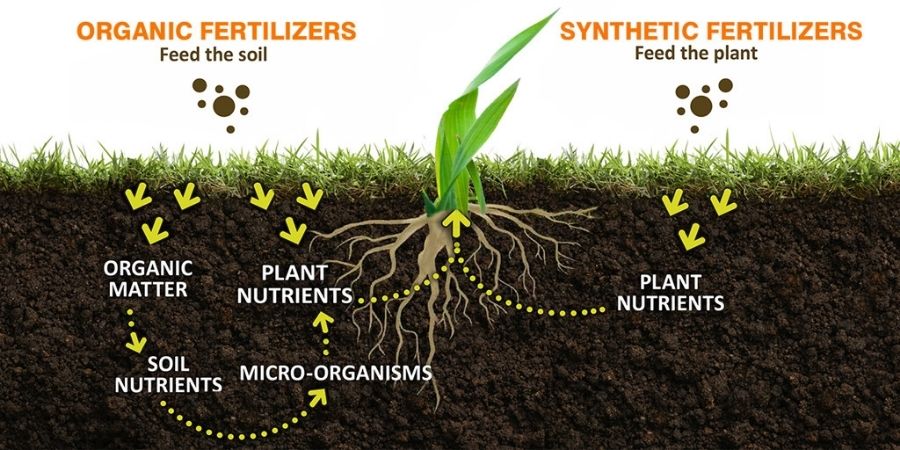
We take care of your lawn mowing and landscaping needs so that you can rest easy knowing that your property is aesthetically pleasing! We offer a la carte options to keeping your property looking great!!! We have no binding contracts, and you only get billed for services we do. We invoice at the end of every month, and you can pay several ways.
We use the most up to date information and horticultural knowledge to ensure your grass and plants are healthy without using a lot of chemicals!
Turf Management— We give your lawn the best cut possible by changing blades every 4th property for a cleaner cut. We don’t mow if environmental conditions are bad, or if your grass barely needs to be cut. We keep you updated via email on what we’re doing at each visit. We cut at the proper height of 3″-4″ so there is less chance of weeds growing, and your water bill doesn’t go up!! We don’t leave bags of grass at your curb–we take all gathered clippings and make compost out of them!
Turf Fertilization & Weed Control — We apply top quality 100% ORGANIC fertilizers and apply them at the right time of year to control weeds. We combine this with spot spraying at each visit of any new weeds so that your lawn can look it’s best. When we see invasive species of weeds or grass entering your yard, we inform you, and offer you options to eradicate them before they can take root. These include Japanese Stiltgrass, Bermuda Grass, Nutsedge, Dichondra, Wild Violet, Dollar Weed, and others.
Weeds –We use Sycthe organic weed killer to control weeds in your beds and in the cracks around hard surfaces. This is included in our mowing visits at NO ADDITIONAL CHARGE!!
Mulching — We first clean all your beds of any debris and prune back all plants as needed. We then cut a 3″ edge along the bedline to ensure the grass and mulch don’t come in contact with each other. Next, we turn all previous mulch– WE DON’T JUST LAY NEW MULCH ON TOP OF OLD!! We then lay down an ORGANIC pre-emergent in the beds to stop any weed seeds from germinating. Lastly, we apply a 2”–3” layer of double shredded mulch and rake smooth. We use dyed mulch, because this gives a more pleasing aesthetic appearance, and saves you money in the long run because you don’t have to mulch every year!!!!
Aeration & Seeding — We double aerate your lawn so that nutrients and water can better reach the roots of the established grass. We then apply 10-12 pounds of seed per 1,000 square feet (most other company’s lay out 4-8 lbs) to replenish and thicken the existing turf. We also don’t use one seed for the entire yard– if you have shaded areas, we use a shade specific seed. For sunny areas, we use a sunny seed. ALL OF OUR SEEDS ARE CERTIFIED!!!!
Shrub Trimming — We only prune as needed, and only if it will benefit the appearance and/or health of the plant. We sharpen the blades of pruners, loppers, and shears every visit and disinfect them prior to use so that there is no risk of infection to the plant.
Leaf Removal — We use rakes, blowers, and vacuum’s to make mulch out of your leaves and sticks. And, if you want us to incorporate them into your beds or around garden areas, we will at no additional charge!!! All leaves are taken back and incorporated into our compost piles- they don’t go to landfills or commercial vendors.
